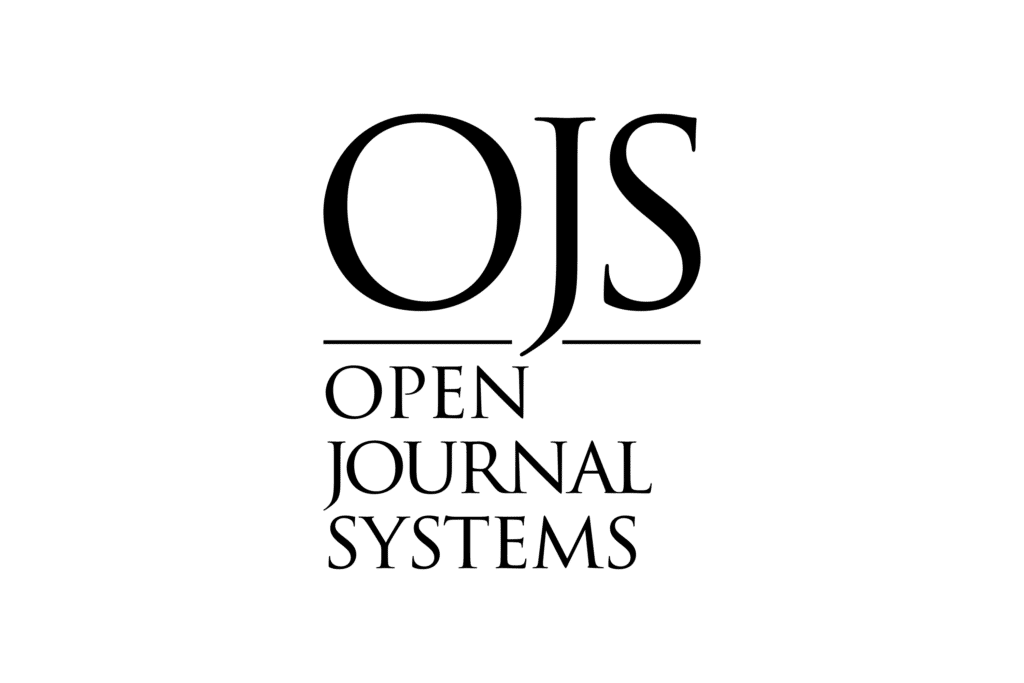EXPLORING POTENTIALS AND LIMITATIONS OF GENERATIVE ARTIFICIAL INTELLIGENCES IN GAME DEVELOPMENT
USING CHATGPT AND MIDJOURNEY TO BUILD A 2D GAME
DOI:
https://doi.org/10.52579/diapi.vol4.i.a19457Keywords:
Generative Artificial Intelligence, Game Development, ChatGPT, MidjourneyAbstract
Recently, the field of Artificial Intelligence (AI) has witnessed significant advancements, exemplified by tools like ChatGPT and MidJourney, which employ natural language processing to comprehend and respond to user queries. These AIs are classified as Generative Artificial Intelligences (GenAI) and hold significant educational potential, applicable in various sectors, such as game development and the training of new developers. This research is focused on exploring how these recent Generative AIs can contribute to various aspects of game development, an ever-growing field driven by the popularity of video games and mobile devices.
Downloads
References
Openai. ChatGPT. Disponível em: https://chat.openai.com/. Acesso em 04 de Novembro de 2023.
Midjourney. Midjourney. Disponível em: https://www.midjourney.com/. Acesso em 04 de Novembro de 2023.
French, Fiona; LEVI, David; MACZO, Csaba; SIMONAITYTE, Aiste; TRIANTAFYLLIDIS, Stefanos; VARDA, Gergo. Creative Use of OpenAI in Education: Case Studies from Game Development. Multimodal Technol. Interact. 2023, 7, 81. https://doi.org/10.3390/mti7080081
Beckwith, Michael. ChatGPT Can Be Used for AI Generated NPC Dialogue and Voices in New Skyrim Mod. Metro (Blog). 28 de Abril de 2023. Disponível em: https://metro.co.uk/2023/04/28/chatgpt-can-be-used-for-ai-generated-npc-dialogue-in-new-skyrim-mod-18690766/. Acesso em 12 de Outubro de 2023.
Surameery, Nigar M.S.; SHAKOR, Mohammed Y. Use ChatGPT to Solve Programming Bugs. Int. J. Inf. Technol. Comput. Eng. 2022, 3, 17–22. https://doi.org/10.55529/ijitc.31.17.22
Guana, Victor; STROULIA, Eleni; NGUYEN, Vina. "Building a Game Engine: A Tale of Modern Model-Driven Engineering," 2015 IEEE/ACM 4th International Workshop on Games and Software Engineering, Florence, Italy, 2015, pp. 15-21, doi: 10.1109/GAS.2015.11
Nuclino. Video Game Development Process: How successful games are made, from start to finish. Disponível em: https://www.nuclino.com/articles/video-game-development-process/. Acesso em 12 de Outubro de 2023.
Freecodecamp. What Is Game Development? 28 de Dezembro de 2019. Disponível em: https://www.freecodecamp.org/news/what-is-game-development/. Acesso em 12 de Outubro de 2023.
Zenva. What is Unity? – A Top Game Engine for Video Games. Disponível em: https://gamedevacademy.org/what-is-unity/. Acesso em 12 de Outubro de 2023.
Deng Jianyang, & LIN, Yijia. 2022. The benefits and challenges of ChatGPT: An overview. Frontiers in Computing and Intelligent Systems, 2(2), 81-83. https://doi.org/10.54097/fcis.v2i2.4465
Gozalo-Brizuela, Roberto; GARRIDO-MERCHÁN, Eduardo C. 2023. A survey of Generative AI Applications. arXiv. arXiv:2306.02781
Lin, Lauren; LONG, Duri. 2023. Generative AI Futures: A Speculative Design Exploration. In Proceedings of the 15th Conference on Creativity and Cognition (C&C '23). Association for Computing Machinery, New York, NY, USA, 380–383. https://doi.org/10.1145/3591196.3596616
Kaur, Davinder; SULEYMAN, Uslu; RITTICHIER, Kaley J.; DURRESI, Arjan. 2022. Trustworthy Artificial Intelligence: A Review. ACM Comput. Surv. 55, 2, Article 39 (February 2023), 38 pages. https://doi.org/10.1145/3491209
Jovanović, Mlađan; CAMPBELL, Marc. "Generative Artificial Intelligence: Trends and Prospects" in Computer, vol. 55, no. 10, pp. 107-112, Oct. 2022, doi: 10.1109/MC.2022.3192720
Rozen, Riemer van. 2021. Languages of Games and Play: A Systematic Mapping Study. ACM Comput. Surv. 53, 6, Article 123 (November 2021), 37 pages. https://doi.org/10.1145/3412843
Philips, Cody; TRICK, Nico; NACKE, Lennart; MANDRYK, Regan. 2023. The Role of Generative AI in Games Research. In Companion Proceedings of the Annual Symposium on Computer-Human Interaction in Play (CHI PLAY Companion '23), October 10--13, 2023, Stratford, ON, Canada. ACM, New York, NY, USA 2 Pages. https://doi.org/10.1145/3573382.3616030
Yadav, Ajay. A Complete Comparison of ChatGPT, GPT-3, and GPT-4: What’s the Real Difference? Simplified, 21 de Maio de 2023. Disponível em: https://simplified.com/blog/ai-writing/chatgpt-vs-gpt-3/. Acesso em 13 de Outubro de 2023.
Vincent, James. AI art tools Stable Diffusion and Midjourney targeted with copyright lawsuit, 16 de Janeiro de 2023. Disponível em: https://www.theverge.com/2023/1/16/23557098/generative-ai-art-copyright-legal-lawsuit-stable-diffusion-midjourney-deviantart. Acesso em 11 de Novembro de 2023.
Brittain, Blake. Judge pares down artists' AI copyright lawsuit against Midjourney, Stability AI, 30 de Outubro de 2023. Disponível em: https://www.reuters.com/legal/litigation/judge-pares-down-artists-ai-copyright-lawsuit-against-midjourney-stability-ai-2023-10-30/. Acesso em 11 de Novembro de 2023.
Openai. GPT-4 is OpenAI’s most advanced system, producing safer and more useful responses, 2023. Disponível em: https://openai.com/gpt-4. Acesso em 12 de Novembro de 2023.
Ramadan, Rido; WIDYANI, Yani. Game development life cycle guidelines. Proceedings of the 2013 International Conference on Advanced Computer Science and Information Systems (ICACSIS), pp. 95-100. IEEE, 2013. https://jiharu.github.io/lowpoly/img/06761558GameDev.pdf
Downloads
Published
How to Cite
Issue
Section
License
Copyright (c) 2023 Willian Felipe Husek Schneider, Patrícia Kayser Vargas Mangan

This work is licensed under a Creative Commons Attribution-ShareAlike 4.0 International License.
Direitos Autorais
A submissão de originais para a Diálogos e Perspectivas Interventivas (DIAPI) implica na transferência, pelas(os) autoras(es), dos direitos de publicação. Os direitos autorais para os manuscritos publicados nesta revista são das(os) autoras(es), com direitos da DIAPI sobre a primeira publicação. As(os) autoras(es) somente poderão utilizar os mesmos resultados em outras publicações indicando explicitamente a DIAPI como o meio da publicação original.
Licença Creative Commons
Exceto onde especificado diferentemente, aplicam-se à matéria publicada nesta revista científica os termos da licença Creative Commons Attribution-ShareAlike 4.0 International License, que permite o uso irrestrito, a distribuição e a reprodução em qualquer meio desde que a publicação original seja corretamente citada.













 Esta obra está licenciada com uma Licença
Esta obra está licenciada com uma Licença 